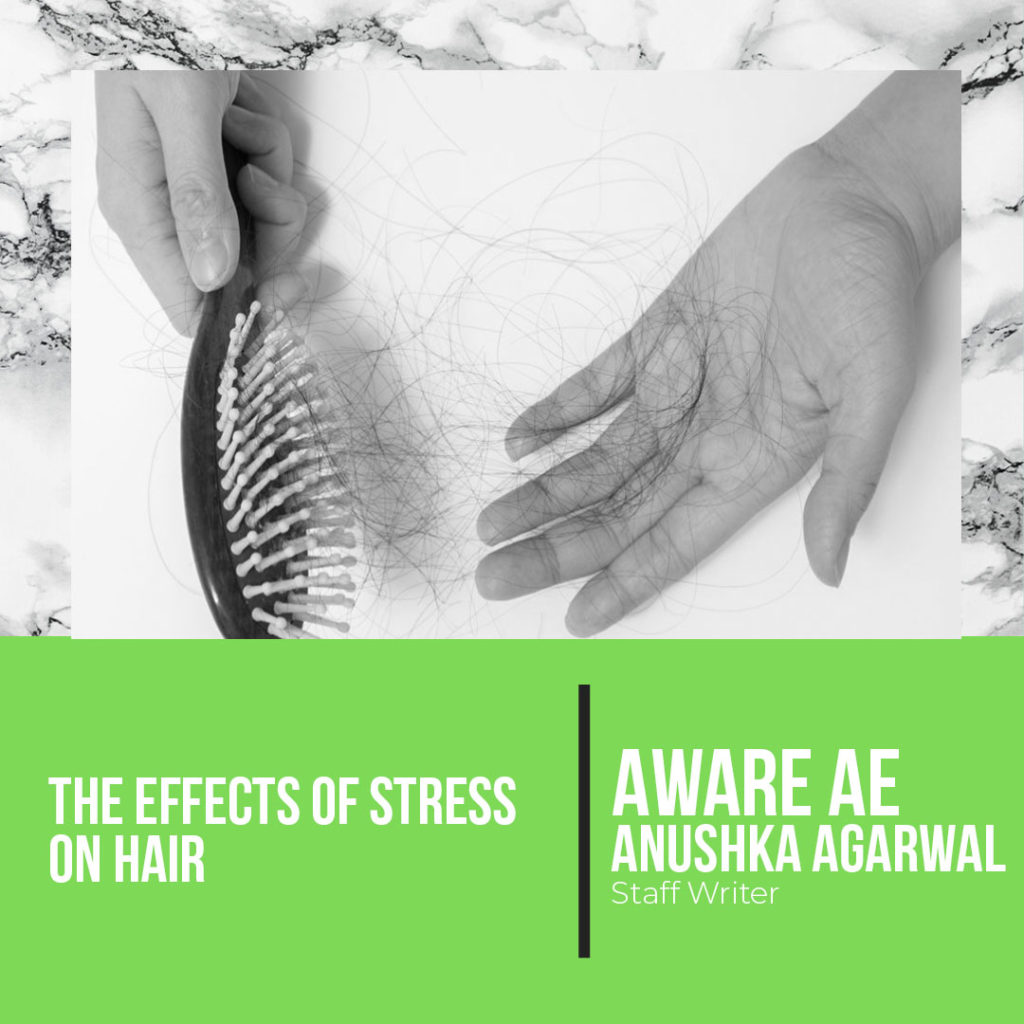Although it may be hard to believe, there is a strong correlation between hair loss and stress and anxiety. If you start finding unusually large amounts of renegade hair strands on your pillowcase or even in the shower drain, you should be wondering if that has something to do with stress.
There are three conditions in particular that link to stress and have been scientifically proven to be a cause of hair loss. They include –
- Telogen effluvium – This condition is a common cause of hair loss. Stress can push hair follicles into a “resting” phase so that they do not produce new hair strands. Over time, hair can fall out more easily, even if you are just washing, combing, or touching it.
- Trichotillomania – If you have ever found yourself literally pulling out your hair when you are stressed or tense, it could be a sign of trichotillomania. Most commonly seen in teenage girls, in this psychological condition, people deal with negative emotions, like stress and anxiety, by pulling hair from the scalp or other parts of the body.
- Alopecia areata – Although it is not caused by stress, alopecia areata can be very stressful for any person dealing with this condition. Usually, your body’s immune system attacks your hair follicles, causing your hair to fall out. In some cases, alopecia areata can just cause hair to thin, while in other cases, people may develop bald spots. Hair can regrow over time, then fall out again. Doctors are not sure exactly what causes alopecia areata, though genetics may play a role.
How to prevent stress-induced hair fall
It is important to realize that your hair is never just stagnant – the follicles, or roots of your hair, are in a constant cycle of growing, shedding, and resting. Hence, hair loss is a normal process and should not be something that any individual should be ashamed of because there are many simple methods that you can implement even at home to control it!
- Treat your hair with care when styling, washing, and drying it.
- Ensure that you get regular exercise because this reduces the effects of stress-induced hair loss.
- There is the option of multivitamins for hair growth. However, they should only be taken if a doctor has recommended them to you.
- Tending to emotional health and practicing coping strategies, like meditation, may also be helpful to reduce the impact of a stressor.
However, it is important to note that if your hair loss is chronic, patchy, or associated with redness, itching, or pain, seek medical care from a dermatologist as there may be other underlying issues.
